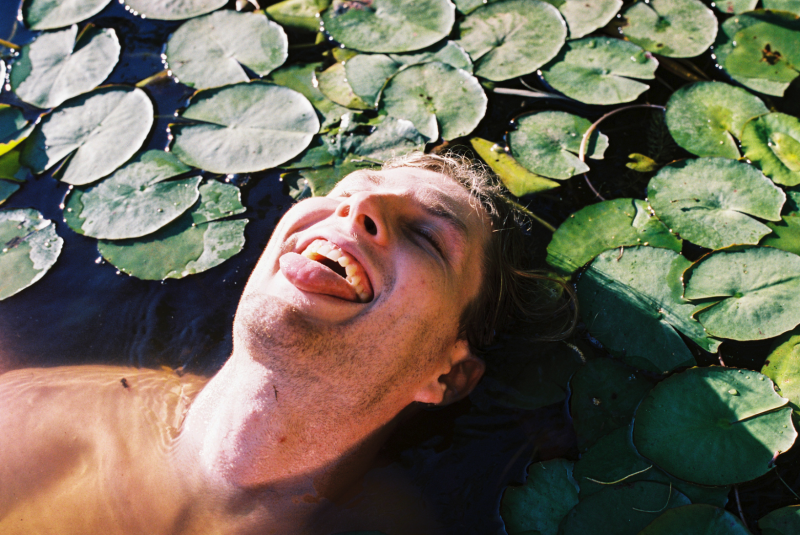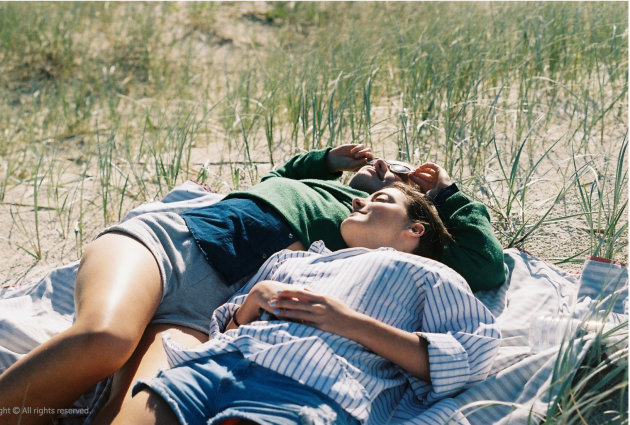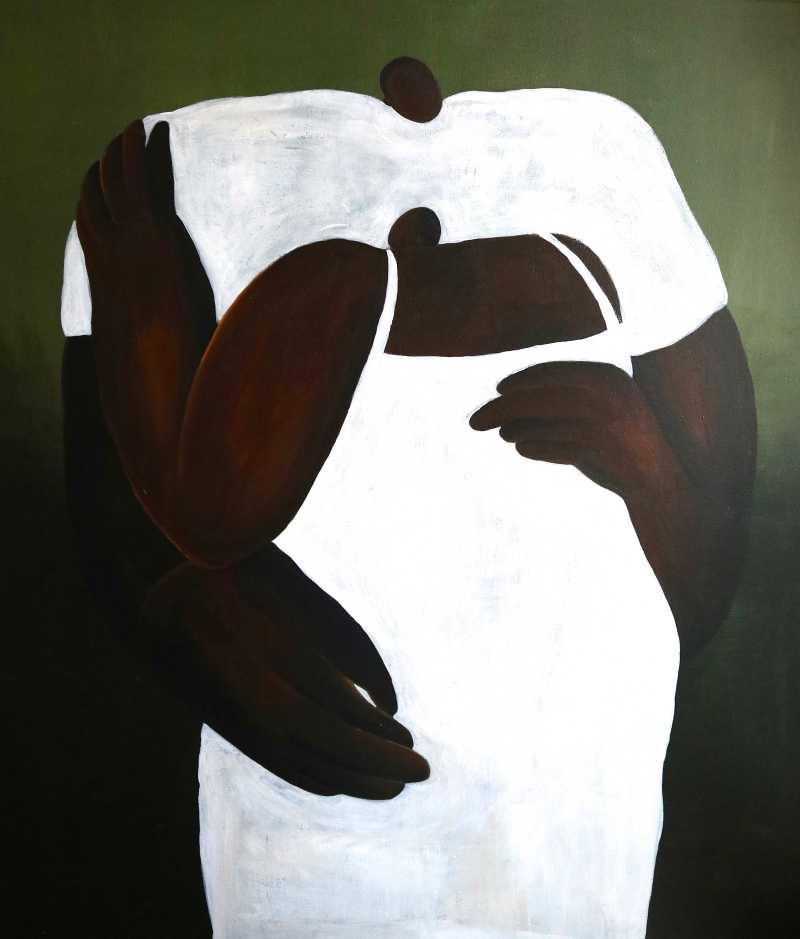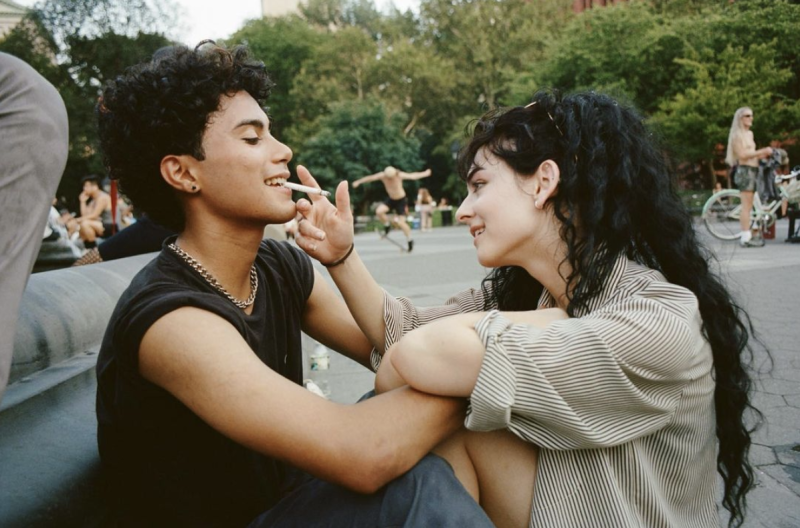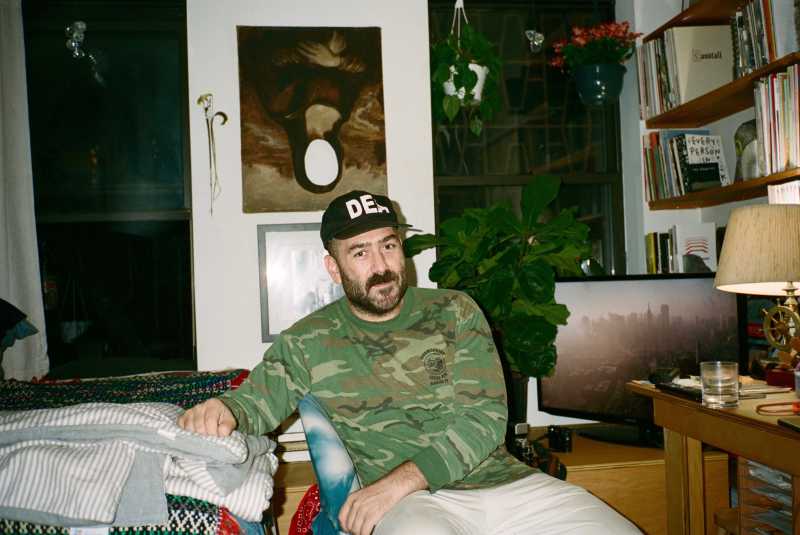Q: How did you get into photography?
Phoebe: I bought a digital camera, but I didn’t use it much. I never felt like I was really in love with it. But then I bought a film camera because I loved the aesthetic — the color and the grain — and so I bought one in I think 2015, and since then I’ve been doing it quite steadily.
Q: Do you only shoot film or do you shoot digital as well?
Phoebe: Primarily I shoot 35mm film, but I do use digital for uni related projects or low light where it’s more fitting with the logistics. But, all my personal stuff is with film. I like the aesthetic, the process, and the tangibility of it. I’m looking to do medium format soon as well, which is exciting. I just bought a 120mm camera.
Q: Do you develop your own photos?
Phoebe: At the moment, I get them developed because color film is a bit tricky to develop — the process and stuff. But I really want to learn how to develop and print in the dark room because you have way more control with what you’re doing, editing in there with chemicals rather than digitally. There’s just not a lot of places where I live that do that, so I just have to wait.
Q: What is your perspective on analog versus digital photography?
Phoebe: If someone has interest in photography, definitely give analog a go. It’s the best way to really understand the whole process because you’re forced to understand all the manual settings yourself. And that was definitely my case, I didn’t really understand it until I did it myself because digital at times can be a bit to easy, you can just put it on automatic and not really understand the settings. So analog is great for learning the settings. Obviously, I love film because I use it a lot, but I think digital is just as valid. I’m going to try and use it more. It’s better if you have an idea and want to see it materialize immediately and then be able to alter it straight away. It’s just the editing side which I struggle with. I don’t have a digital workflow, and I always end up wanting it to look like film does anyway. But with digital, you can experiment a lot more and more quickly.
Q: How quickly do you go through a roll of film?
Phoebe: If I’m at home, it can be a few weeks. But if I’m traveling, it can be an hour or a day.
Q: Do you experiment with different films?
Phoebe: At the moment, I’m using some expired film. I’ve experimented with a bunch of different films, but I found that I didn’t really keep notes of which was what. So when I’m looking through photos I’m like “Oh, I like that look!” but then I don’t know which one I used. Sometimes I have six rolls developed at once, and I forget which film is what photo. But something I’ve tried to do is shoot a roll of film and soak it in water and put lemon juice and then have it developed. So, I’ve tried that but nothing too much recently.
Q: When it comes to taking the photo, what are you focusing on?
Phoebe: With most of them since it’s film, I just take one photo of the subject matter. Mostly, it’s just I see a certain composition or some light. There’s not a lot of preplanning, it’s just what I’m doing in that moment. This year, I want to look into planning shoots with more concepts behind them, more portraits and actually planning rather than just shooting whoever’s with me.
Q: What photographers inspire you?
Phoebe: Wolfgang Tilmmans is up there, if not my favorite. His shooting style and aesthetic is very much the kind of thing I go for. But also, he’s found a way to bridge all genres. He’s not just commercial but also does fine arts. He manages not to be pigeon holed into one category. I also like Uta Barth. Her use of light and observations of the everyday and detail is amazing. Ryan McGinley’s series on summer road trips is something I became obsessed with. He’s who got me interested in film. I’ve recently discovered Sophie Harris-Taylor who I really like for the way she notices and transforms small moments.
Q: Where do you see yourself taking photography?
Phoebe: I’d love to somehow pursue it as a career, but also I’m realistic, and I know it’s a very hard thing to do. Photography is something I’m always thinking about, and I don’t see myself becoming less obsessed with it in the future. There’s still a lot of things I really want to explore. A dream would be to be able to be like Tillmans, to do the fine arts side then do portraits, documentary, do a broad spectrum of things. But I think I’ll have to find other ways to support doing that, but I think whatever I do will be in the arts.
